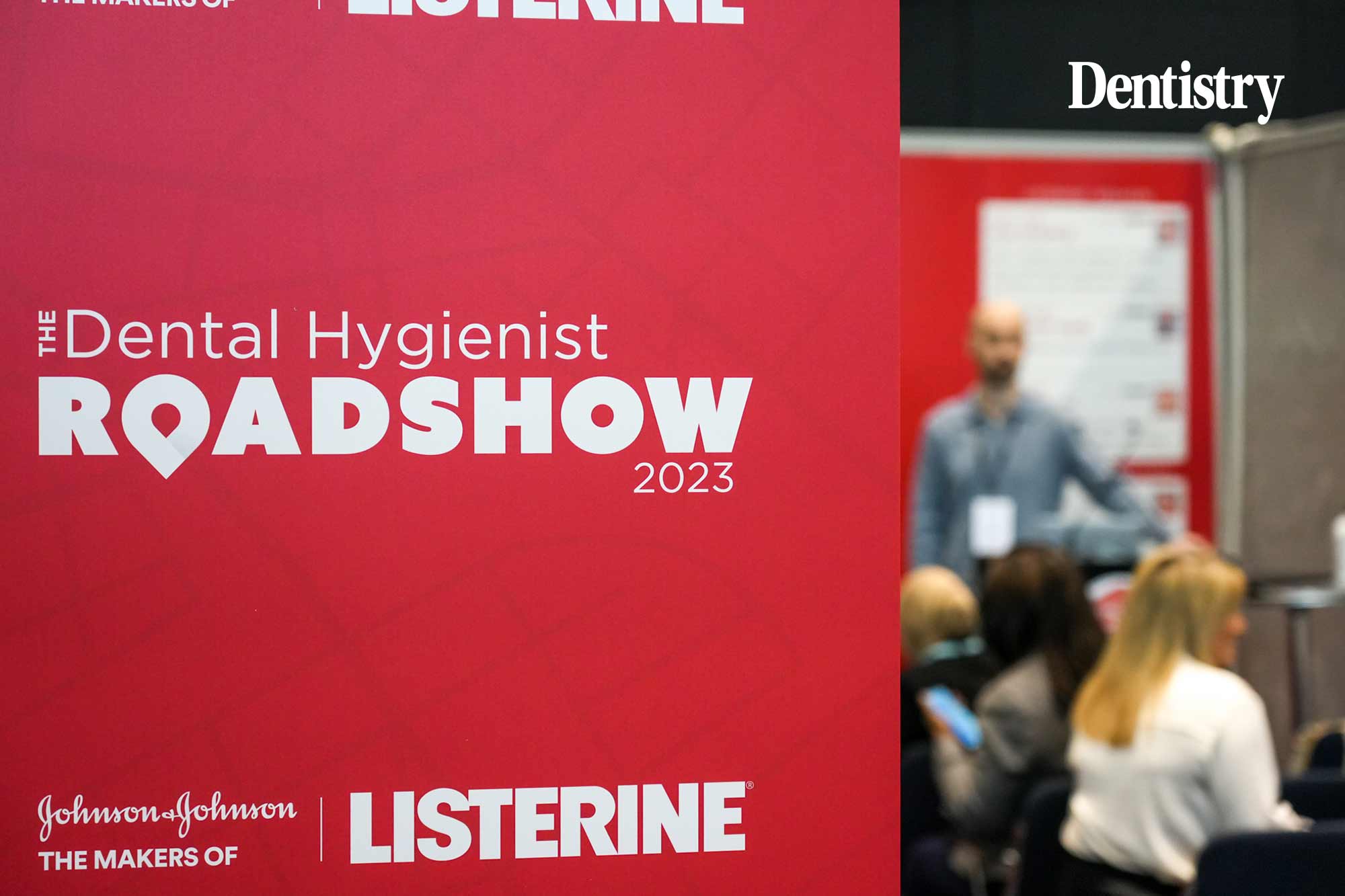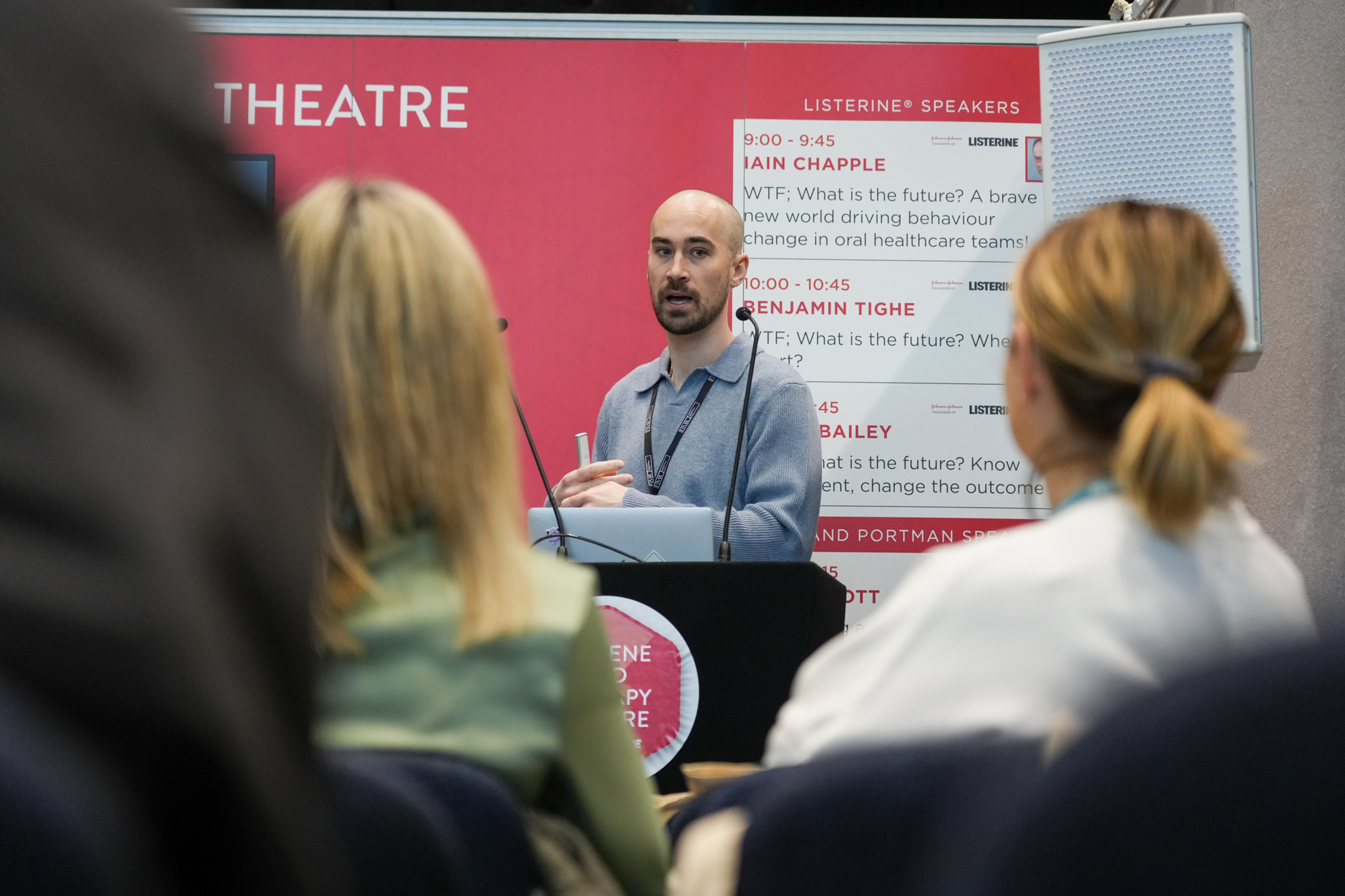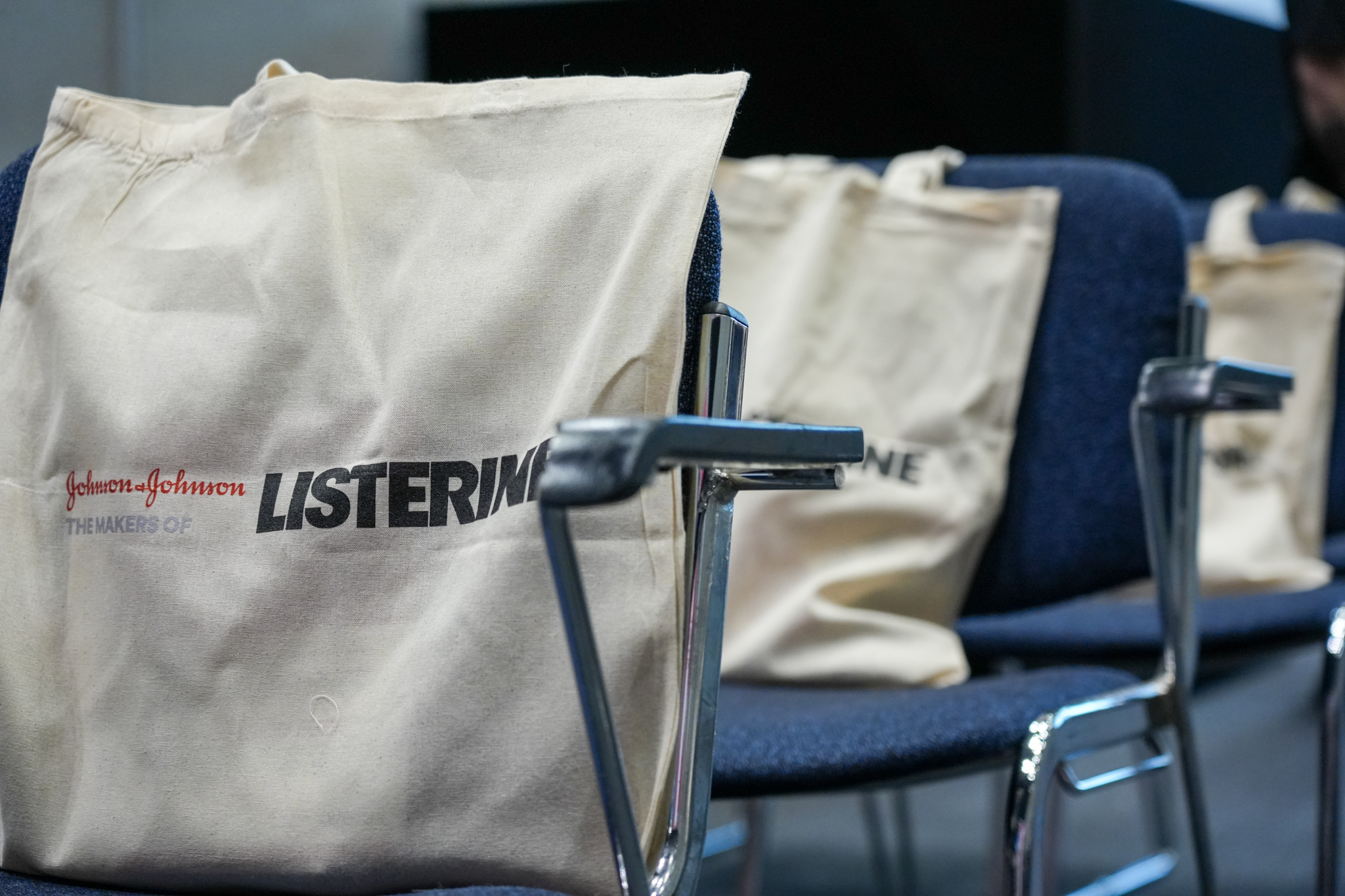
Laura Bailey explores the role of the dental hygienist and dental therapist in behaviour change, and considers how, by understanding personality types, improved outcomes might be achieved.
Influencing behaviour change is key to improving oral health outcomes in patients. How, then, do you motivate your patients to make any necessary changes?
To change a person’s understanding of oral hygiene and get them to change and implement new routines, I think you need to understand what makes them tick. By unpicking that, you can figure out how to motivate them. So, it’s really understanding your patient as a person and not just as a mouth.
What are the main obstacles and challenges you often encounter amongst patients?
People are busy, they have different priorities, and it’s not my job to tell someone that flossing is a bigger priority than their new-born baby. It’s not about that. It’s about making it easy for them to make small adaptions, ultimately leading to a bigger change.
The question is, how can we slot into their life rather than them having to change their life for us? We do struggle with people’s lack of routine, their lack of purpose for their teeth and motivation. Not everyone puts their oral health or even their general health at the forefront.
Why is plaque management so essential and are there any adjuncts that can help patients maintain their oral health?
We know that plaque biofilm causes disease. We now know that it is intrinsically linked to systemic diseases and the mouth is the gateway to the body. So, we have a growing understanding that it’s not just about making sure we’ve got good oral hygiene, it’s also about making sure that we’ve got overall good health. It can save us a lot of time and money long-term if we can prevent rather than treat diseases.
To work towards that, for all my patients, I focus on the importance of mechanical biofilm removal. I go over and over it until they understand that it is the gold standard. But sometimes patients need a little bit extra help.
There are so many different reasons why someone might struggle to remove the biofilm properly. They might have poor manual dexterity, or they might have just such a busy life they’re just not going to do it.
It doesn’t matter how much you try and persuade them. So, I think you can, in certain cases, on an individual basis, introduce something like a chemotherapeutic mouthwash to help support what they’re already doing.
How do you go about gaining a patent’s trust and when do you know whether it’s right to start encouraging change in behaviour?
As I mentioned earlier, it’s really important to understand the patient. I like to divide them into one of four personality types. From there, I know exactly how to talk to the patient. For example, a type A patient will be straight to the point, wants information, but for it to be short and concise.
The opposite of that is type C, for whom it’s important to be empathetic, build loads of rapport and learn about them and things they’re interested in.
When you start to understand how a patient ticks, that’s when you can really start to build trust and create a connection. I think it’s hard to tell someone or teach someone what to do without having that rapport in place.
Then, based on that, I assess whether they are ready for change. The catalyst could be them asking questions, even if it’s something as simple as, ‘Would you mind if I come back in three months rather than the six months’ this time?’ You can tell they’re actively engaged in the process.
How often should clinicians repeat and encourage the same message to patients?
You do have to keep repeating yourself. It can be in different ways, but you’ve got to repeat yourself because patients aren’t going to take in all the information that you’re giving them every single time.
With a lot of my patients, I don’t give them the treasure chest straight away, because they’re not going to use half the stuff. So, I’ll start with the basics – toothbrushing; how are we going to clean these teeth properly? And then we might move on to something else. Because if they’re not going to get that right and you overwhelm them, then you have missed the mark.
I also always give my patients a positive as well as a negative. I’ll never say, ‘You’re not doing very well.’ I’ll say, ‘The bit that we looked at last time, you’ve done a really good job. I’d like you to add to your focus to include this other area,’ providing positive feedback.

New guidance often requires clinicians to implement changes in the way they practise as well. How do you go about ensuring you’re offering and implementing the latest research?
Obviously, the GDC stipulates that dental therapists and dental hygienists need to do 75 hours of enhanced CPD in every five-year cycle. But I think going further than that is really important, in part because we can forget that we are not just one hygienist that sits in a room all day, speaking only to patients.
We’re not the only person going through whatever we’re going through. I think joining events such as regional group study groups, speaking to different clinicians, appraising papers, looking at new research, is vital.
What is your view on the importance of hygienists and therapists keeping their skills and knowledge up to date?
Hygienists and therapists are often the first port of call when patients come in. We’re seeing patients more regularly than a dentist and I think we can be such a good first step to avoiding problems.
So, by ensuring that we’re up to date with all the information and evidence, we can utilise that to prevent patients from being in pain, from having dental diseases.
I think it’s so important that we understand what we’re actually capable of doing. We are not just a scale and polish machine; we are providing information to patients about their systemic health as well.
We can help identify diabetes and high blood pressure, among others. And we won’t know what we can do unless we make the effort to stay up to date.
You will be visiting a number of dental events this year, to present to practising dental team members. What information will you sharing with delegates?
My passion is building trust, rapport and lasting relationships with patients. The best way to do this and then support them in their behaviour change efforts is to understand their personality type.
So, I want to share with colleagues how they can understand behaviour a little bit better, and how they can utilise that to get the very best from the patient and potentially change the outcome of their life.
We could prevent all sorts of systemic problems if we are able to get them to change their oral hygiene routine.
Johnson & Johnson, the makers of Listerine, will be running The Dental Hygienist Roadshow throughout 2023. During the roadshow, leading speakers will discuss the benefits of dental professionals empowering themselves with the latest knowledge to help support their patients.
For further information and to sign up, simply visit listerineprofessional.co.uk.



